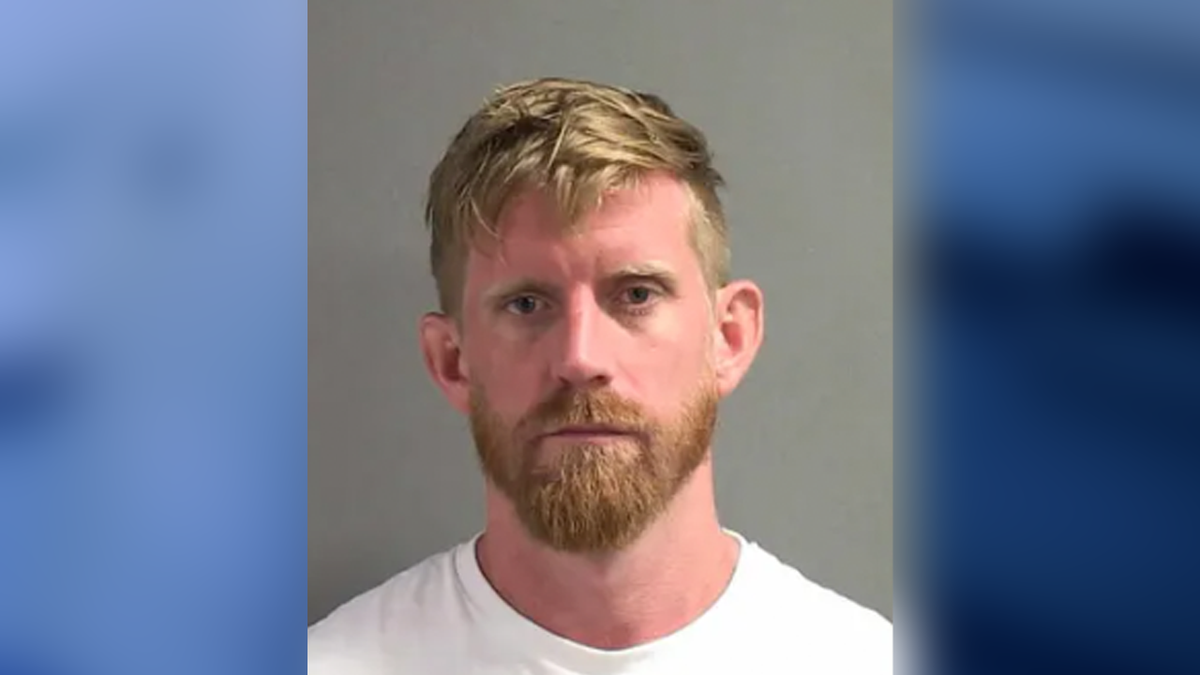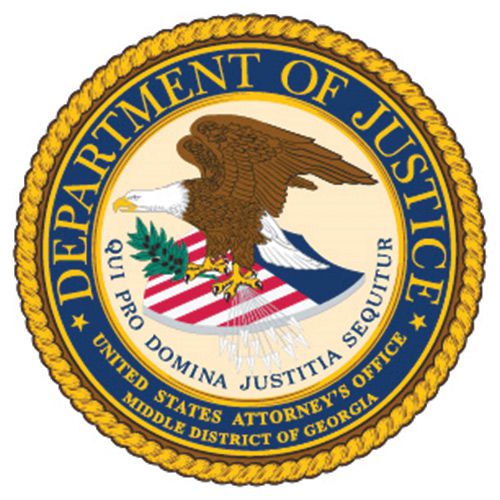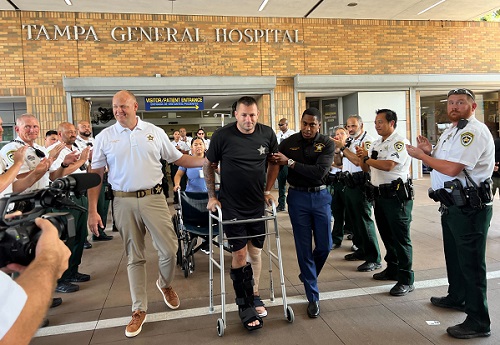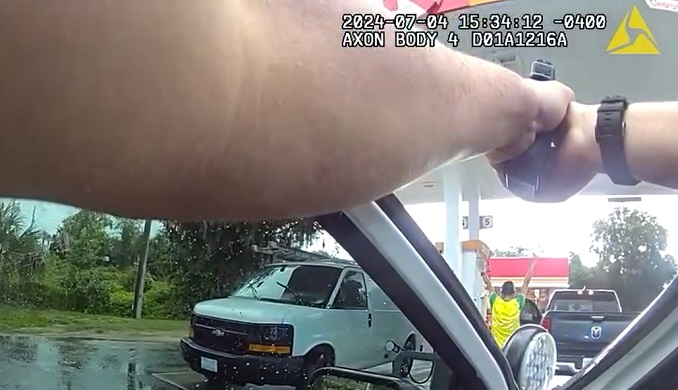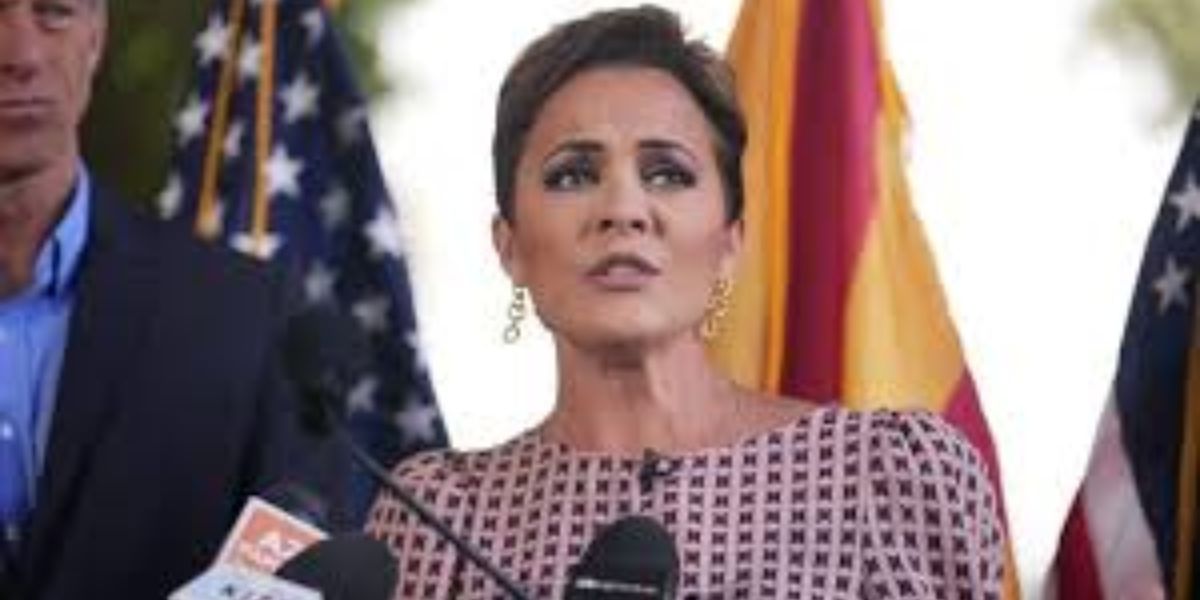Appeal or Misstep? Analyzing Kari Lake’s Courtroom Drama
Kurt Olsen, Kari Lake’s attorney, defends her election challenge appeal in front of Arizona’s District Two Court of Appeals in Tucson on May 2, 2024. Image courtesy of the Arizona Court of Appeals.
Appellate judges hearing arguments Thursday in Kari Lake’s challenge to her 2022 election loss had to constantly remind her counsel about how appeals courts work.
“I’m sure you’re aware we’re not a fact-finding court—we’re a court that decides questions of law, primarily,” Judge Peter Eckerstrom told Lake’s counsel, Kurt Olsen, immediately after he began his arguments. Lake, a Republican seeking a seat in the United States Senate, filed her initial election challenge in December 2022, after losing the governorship to Democrat Katie Hobbs by more than 17,000 votes.
- Auto Insurance Shopping Rises in Response to Soaring Insurance Rates: Report
- Avoid These 7 Missteps When Refinancing to a Lower Mortgage Rate
- Rising Home Prices Amid Slight Mortgage Rate Dip: Analysis
- Fresno County’s Groundbreaking Initiative: $500 Monthly Payments in New Guaranteed Income Program, Here is Who is Eligible
- Unlocking Financial Freedom: 5 Reasons to Opt for Personal Loans in Credit Card Debt Repayment
Lake, a supporter of fellow election denier Donald Trump, has never conceded to Hobbs and has consistently claimed that the election was stolen, despite her arguments failing to persuade courts in December 2022 and May 2023 trials, as well as many appeals in between.
On Thursday, Olsen focused on charges that Maricopa County failed to undertake needed logic and accuracy testing for its tabulators and ballot-on-demand printers before the 2022 election, resulting in problems with those tabulators reading ballots on Election Day. Maricopa County has repeatedly refuted Lake’s claims that it failed to execute the required logic and accuracy tests.
- Will Everyone Get a $12,000 Stimulus Check in 2024? Find Out Eligibility
- $6400 Stimulus Checks in 2024: What You Need to Know About Eligibility and Payment Dates
- IRS 4th Stimulus Check 2024: Comprehensive Guide to Eligibility and Payment Dates
- 3 Smart Moves to Make Once Your Savings Reach $50,000, Here Are Crucial Actions to Take
- 3 Effective Ways to Pay Off Student Loans on a $50K Salary or Less, Know Here!
Several times during the proceedings, which lasted less than an hour, the judges had to remind Olsen, a Washington, D.C., employment attorney, that the appeals court’s function is to determine whether the trial judge made errors in interpreting and applying the law, not in determining the facts of the case.
Olsen said that he and Lake’s other counsel in the case, Scottsdale divorce lawyer Bryan Blehm, did not have timely access to tabulator documents to properly evaluate them prior to the trial. He also alleged Maricopa County Elections Director Scott Jarrett lied on the stand during the December trial about logic and accuracy testing, as well as why tabulators at some polling stations continued to reject ballots on November 8, 2022.
He also accused trial court Judge Peter Thompson of overlooking Lake’s cybersecurity expert, Clay Parikh, during his testimony about the tabulators and printers. But when one of the judges questioned Olsen how he knew Judge Thompson had ignored the evidence, Olsen had no explanation.
He further claimed that “tens of thousands” of voters got out of line or did not go to the polls on Election Day 2022 due to tabulator issues. Tom Liddy, a Maricopa County attorney, called the claim “hogwash,” which appears to be consistent with the trial judge’s judgment.
Thompson dismissed Richard Baris, a Lake witness who had been called to support the assertion, at trial. Baris made these claims based on a poll he conducted, rather than on direct evidence.
“No election in Arizona has ever been set aside, nor has any result been modified, because of a statistical estimate,” Thompson wrote regarding Baris’ testimony on December 24, 2022. “Election contests are decided by votes, not by polling responses, and the Court has found no authority suggesting that exit polling ought to be used in this manner.”
Furthermore, Olsen stated on Thursday that at least 6,700 ballots were not tallied on Election Day 2022, something the county rejected and has never been confirmed. However, Judge Sean Brearcliffe stated that even if it were true, it would have made no impact in the governor’s contest.
“Let me make one thing absolutely clear to every single person in the state of Arizona,” Liddy said in front of the jury. “No ballots were rejected. Every single valid ballot was counted.”
Olsen, on the other hand, contended that the outcomes of Lake’s trials should be overturned because additional evidence, including the tabulator logs, became available after the trials had concluded. However, he stated that he had access to them before the May trial but did not have time to evaluate them. When Judge Karl Eppich asked Olsen what remedy he was seeking, Olsen responded, “The remedy is to set aside the election.”
Olsen concluded his argument by alleging that two-thirds of Maricopa County’s voting centers “completely failed” on Election Day 2022. Around 70% of voting centers had problems with their tabulators that day, although Lake never stated that all of them were closed or didn’t accept ballots.
“If you don’t follow the law, people won’t trust elections,” Olsen said in court. “That’s where it’s coming to in this country.” At the end of the session, Eckerstrom made one further attempt to persuade Olsen to make arguments proper for an appeals court.
“We are a court of law and we don’t decide facts in the first instance, and the thrust of what you’ve been arguing in your summation is facts and fact findings,” Eckerstrom said Olsen in a telephone interview. “Could you tell me what the trial court did incorrectly in terms of the law? What is your main legal argument about what the trial court did?
Olsen responded that the trial court judge incorrectly set the bar too high by demanding Lake to establish election fraud rather than a lower threshold of accidental error or concern that the results could not be accepted. He also stated that the fresh data about the tabulators revealed that county authorities attempted to downplay ballot printer and tabulator concerns on Election Day.
Briarcliff informed the court that the judges would rule on the appeal “in due course,” but did not specify when that would be.
Give us your opinion on this post. This improves our postings. For details, see our website.



